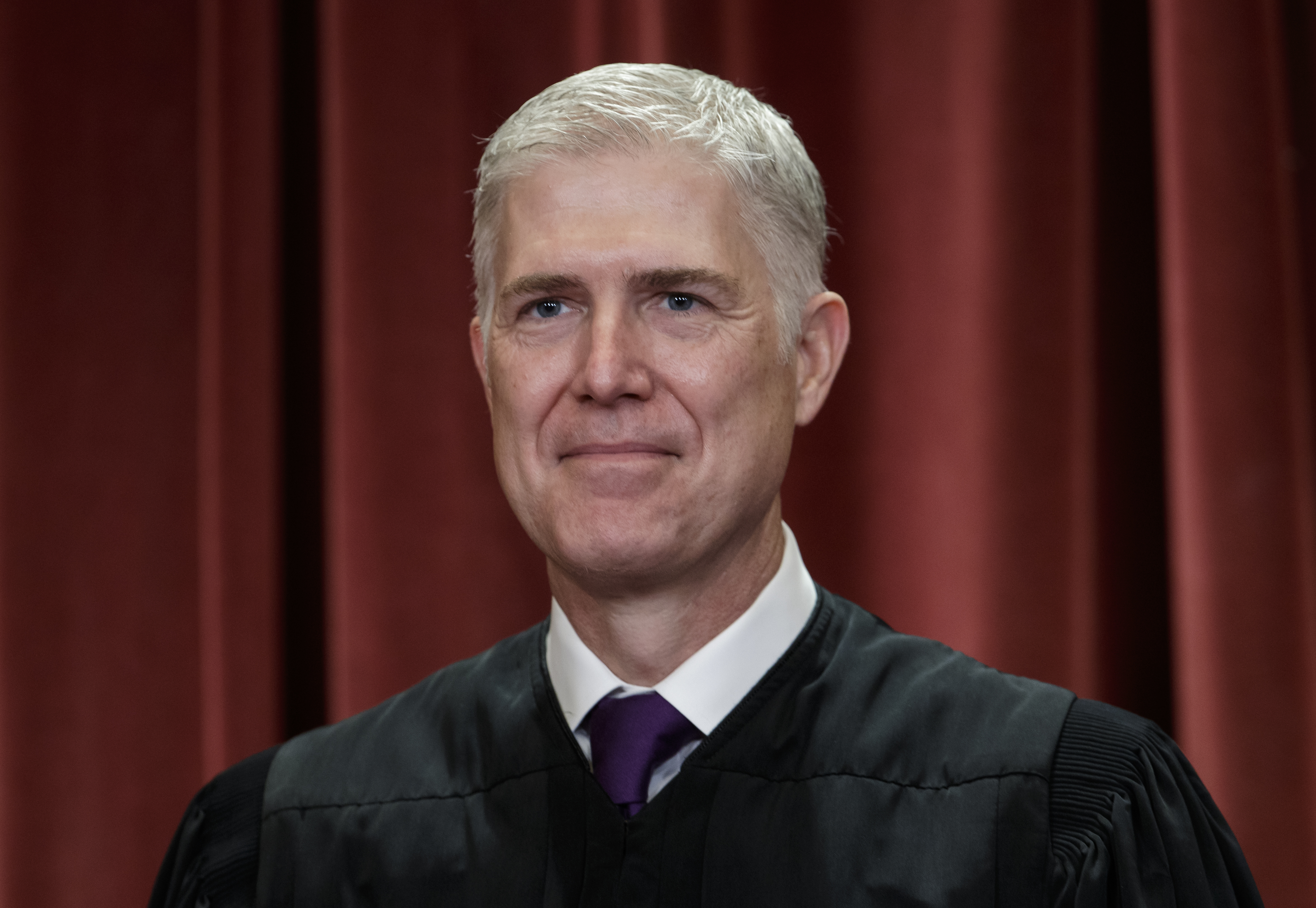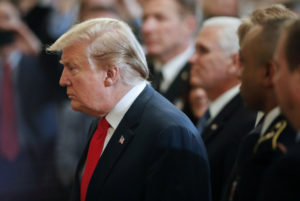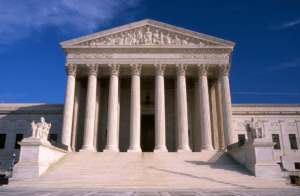Conservative Justices Could Settle Census Citizenship Question
Nearly 6.5 million people might not be counted in 2020 if the Trump administration wins the Supreme Court case. Associate Justice Neil Gorsuch. (J. Scott Applewhite /AP)
Associate Justice Neil Gorsuch. (J. Scott Applewhite /AP)
No citizenship question has been included in the U.S. census since 1950 but—as with multiple norm-breaking actions in the Trump era, such as revoking a former CIA director’s security clearance, refusal to disclose tax returns and installing close family members in positions of power—there is a good chance the Trump administration will get away with adding one.
On Tuesday, the Supreme Court began hearing arguments in United States Department of Commerce v. New York, a case considering whether the administration should be permitted to include such a question on the 2020 census. As The New York Times’ Adam Liptak reports, “By the end of the arguments, which lasted 80 minutes instead of the usual hour, the justices seemed divided along the usual lines, suggesting that the conservative majority would allow the question.”
In March 2018, the Department of Commerce announced that a citizenship question would be added to the 2020 census, following a request by the Justice Department. The department claimed that citizenship data would improve enforcement of the Voting Rights Act. Commerce Secretary Wilbur Ross “determined that obtaining complete and accurate information to meet this legitimate government purpose outweighed the limited potential adverse impacts,” according to a statement issued by the department.
As the website 538 explains, critics are concerned that “if a large number of immigrants don’t respond or respond incorrectly, the results will be inaccurate, and as a result, certain areas of the country will lose funding or political representation.” That could affect both parties, “since an undercount of immigrants would likely hurt red states like Texas and blue states like California,” 538 writer Amelia Thomson-DeVeaux explains.
As Liptak notes, both legal and unauthorized immigrants might refuse to fill out the forms. “By one government estimate,” he writes, “about 6.5 million people might not be counted,” especially given the Trump administration’s vehemently anti-immigrant policies.
“There is no doubt that people will respond less,” Justice Sonia Sotomayor said. “That has been proven in study after study.”
Justice Neil Gorsuch argued last year that the question is merely being reinstated. “Most censuses in our history have asked about citizenship,” he wrote. He also brushed off Ross’ move as the rightful action of any new secretary in any new presidential administration, writing in 2018, “There’s nothing unusual about a new cabinet secretary coming to office inclined to favor a different policy direction, soliciting support from other agencies to bolster his views, disagreeing with staff or cutting through red tape.”
Margo Anderson, a University of Wisconsin-Milwaukee professor emeritus who studies the demographic history of the U.S., told Thomson-DeVeaux that Ross’ plan isn’t simply a matter of restoring an old census question.
As Thomson-DeVeaux summarizes, “Often the purpose was to determine how immigrants were being assimilated and whether they had started the naturalization process.”
Anderson said that, for the 2020 census, the difference is that “the question that’s being proposed by the Trump administration has an exclusionary function—are you a citizen, yes or no.”
Sotomayor believes Ross manufactured his argument that adding the citizenship question would improve the enforcement of the Voting Rights Act, calling it “a solution in search of a problem,” Liptak reports.
Your support is crucial…With an uncertain future and a new administration casting doubt on press freedoms, the danger is clear: The truth is at risk.
Now is the time to give. Your tax-deductible support allows us to dig deeper, delivering fearless investigative reporting and analysis that exposes what’s really happening — without compromise.
Stand with our courageous journalists. Donate today to protect a free press, uphold democracy and unearth untold stories.




You need to be a supporter to comment.
There are currently no responses to this article.
Be the first to respond.